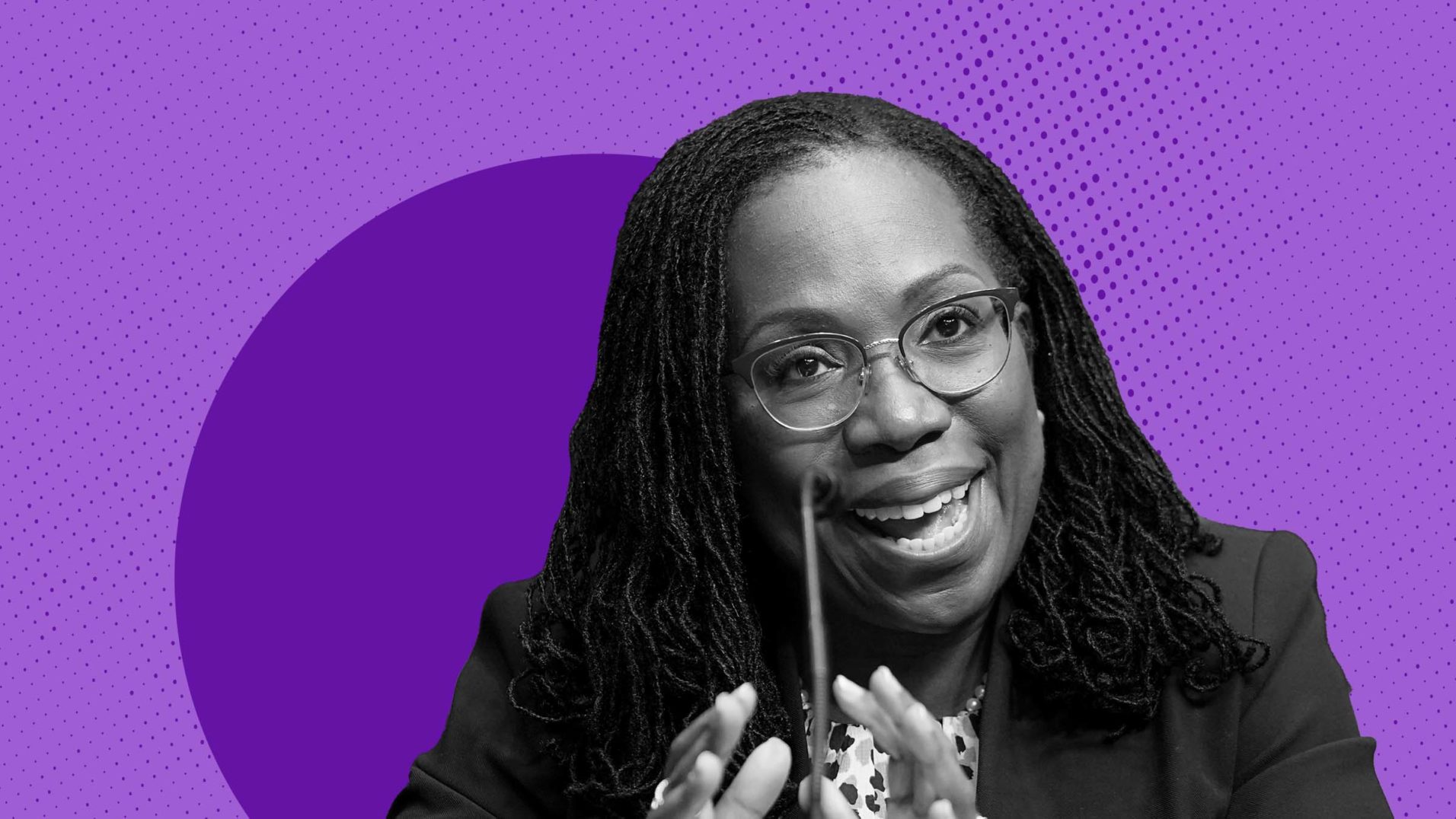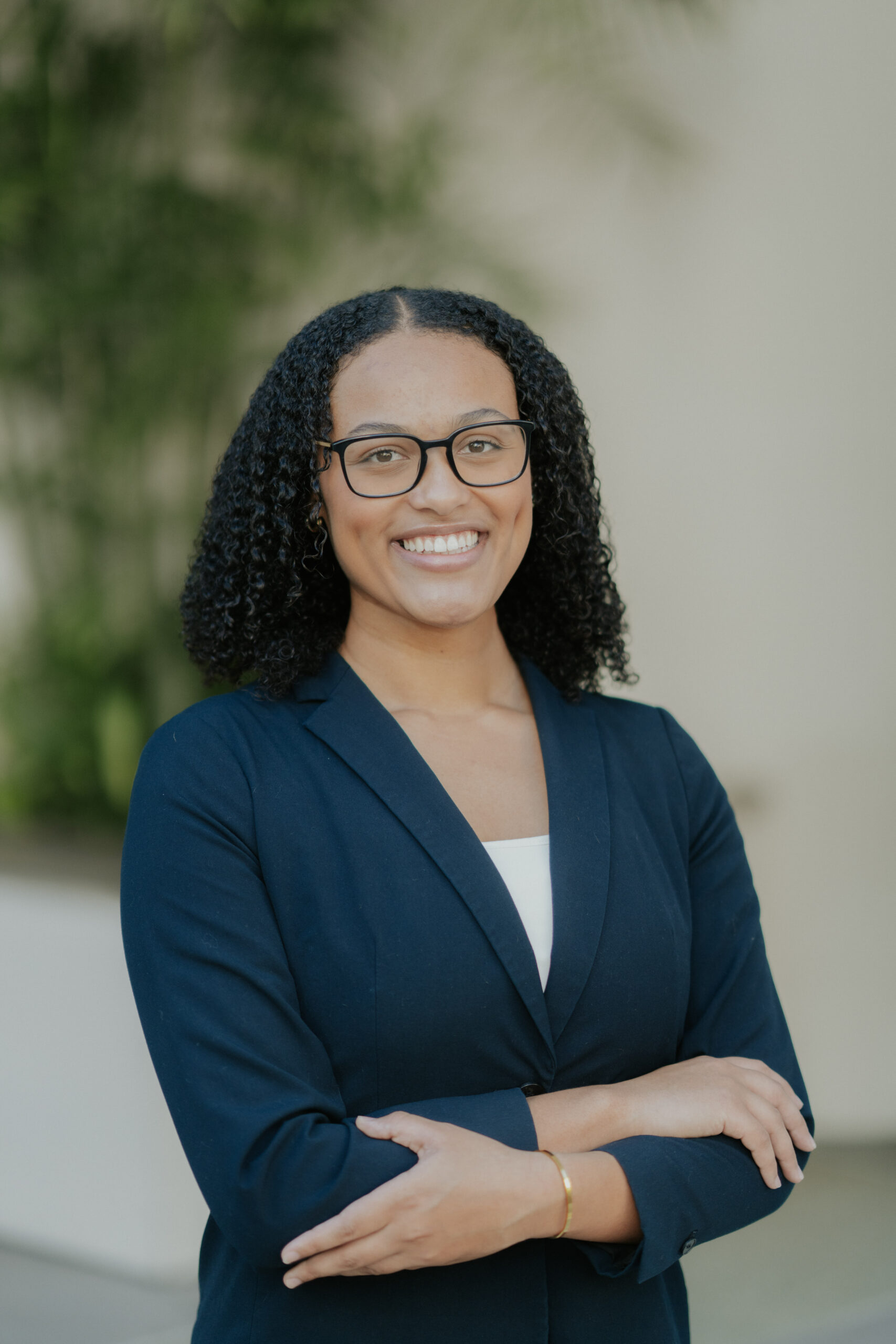I challenged Trump’s coup attempt from the bench
Say It Louder
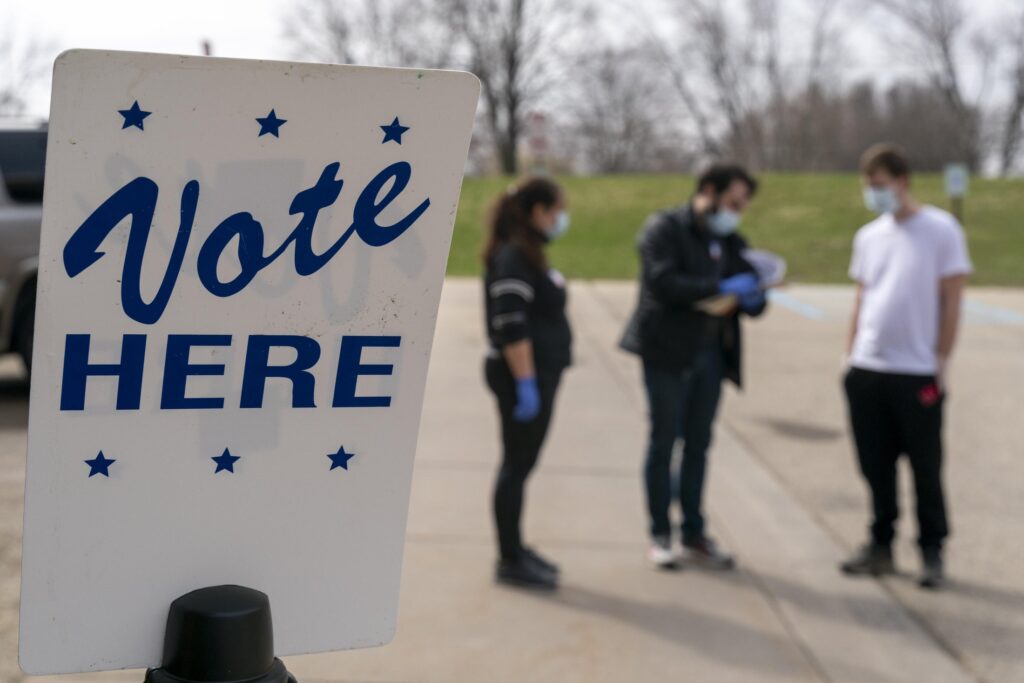
Justice Jill Karofsky was elected to the Wisconsin Supreme Court in April of 2020. She previously worked as a prosecutor, a victims’ rights advocate, and a county judge.
In a democracy there are legitimate ways to effectuate change. You can vote, seek public office, enact legislation, and file suits in courts of law. There are also illegitimate ways to make change—disenfranchising legitimate voters, rigging legislative districts, and intimidating and harassing elected officials. As an elected state supreme court justice of the Wisconsin Supreme Court, I sometimes have to navigate in both lanes. But recently, I found myself personally involved in the latter in a way that I never imagined. Specifically, I faced such harassment and intimidation after participating in oral argument in a lawsuit filed by Donald Trump seeking to overturn the results of the 2020 presidential election that I feel obligated to tell my story.
Read the story on Slate
The right wing freak out over the existence of Black Judges
Speaking Of…
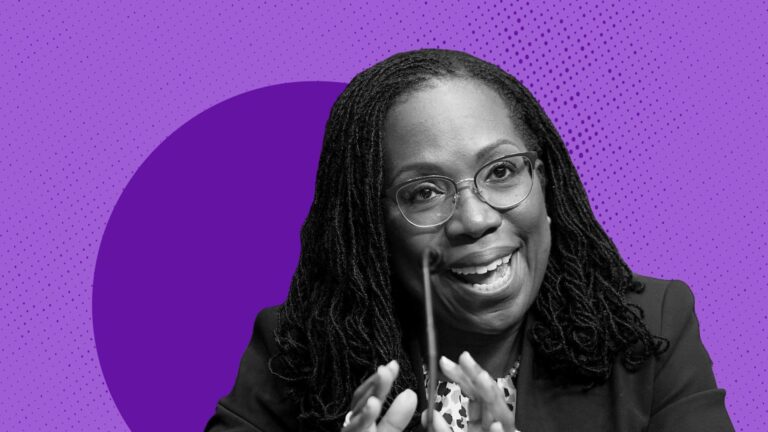
Madiba K. Dennie is an attorney and writer whose commentary has been featured in BBC News, NPR, The Washington Post, and The Nation.
This is becoming a bit of a Black History Month tradition: For the second February in a row, conservatives have narrowed the focus of their racial resentment to Black members of the federal judiciary.
Last year’s target was the then-unannounced Black woman whom President Joe Biden had pledged to appoint to the Supreme Court, and whom we now know as Justice Ketanji Brown Jackson. This year’s ire is directed at Biden’s nominees for other federal judgeships: Biden has appointed more people of color and white women to the federal bench than any of his predecessors at this point in their presidencies. As a result, Black judges now make up a greater share of the federal judiciary than ever before—a whopping 11 percent, which still falls short of Black people’s share of the U.S. population and leaves 18 states with no Black federal judges.
Read the story on Balls & Strikes
DOJ’s plan to neutralize Trump’s worst judge
More of This
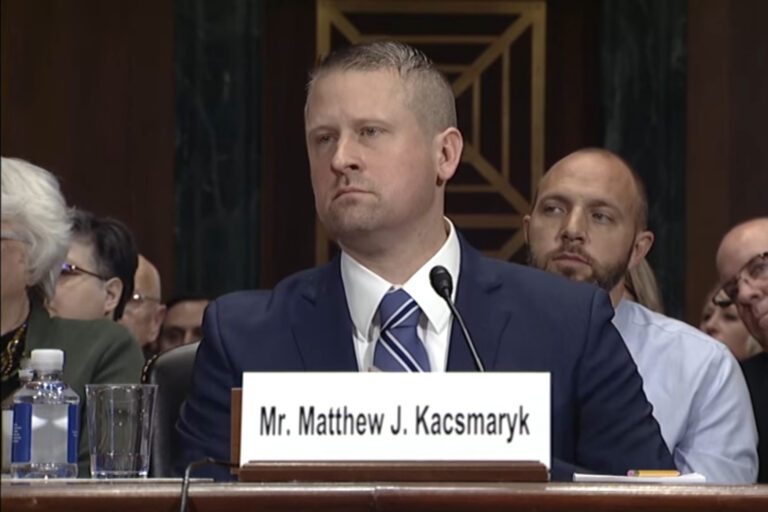
Last week, the Justice Department decided to confront one of the most pernicious and exploited glitches in America’s courts.
There are a handful of federal trial judges in Texas — Matthew Kacsmaryk, Drew Tipton, and Reed O’Connor are probably the best known among them — who have largely behaved as rubber stamps for whatever far-right cause shows up in their courtrooms. If you want a court order attempting to repeal Obamacare, or locking in Trump-era immigration policies, or attacking the right to birth control, these guys are happy to deliver.
Ordinarily, the fact that a few trial judges hold extreme views would be unfortunate, but hardly a crisis. According to the Federal Judicial Center, there are 71 federal trial judges in the state of Texas, and federal lawsuits are supposed to be randomly assigned to a local federal judge shortly after they are filed. So, if Texas’s federal courts were functioning properly, judges like Kacsmaryk or Tipton would only occasionally be assigned cases brought by litigants with a political agenda.
Read the story on Vox
SCOTUS might break the internet
Watch Out

The Supreme Court heard oral arguments on Tuesday in a case that could potentially break much of the internet — and seemed to realize the risks of heading down that path.
Gonzalez v. Google, the case heard today, could subject social media websites and even search engines to ruinous liability, potentially forcing these companies to abandon their business models or even shut down.
That said, most of the justices appeared sufficiently spooked by the possibility that they could destroy how the modern-day internet operates that they are likely to find a way to prevent that outcome. As Justice Elena Kagan warned at one point during the Gonzalez argument, the justices are “not the nine greatest experts on the internet.” So it makes sense for them to approach a case that could fundamentally change how foundational websites operate with a degree of humility.
Read the story on Vox




